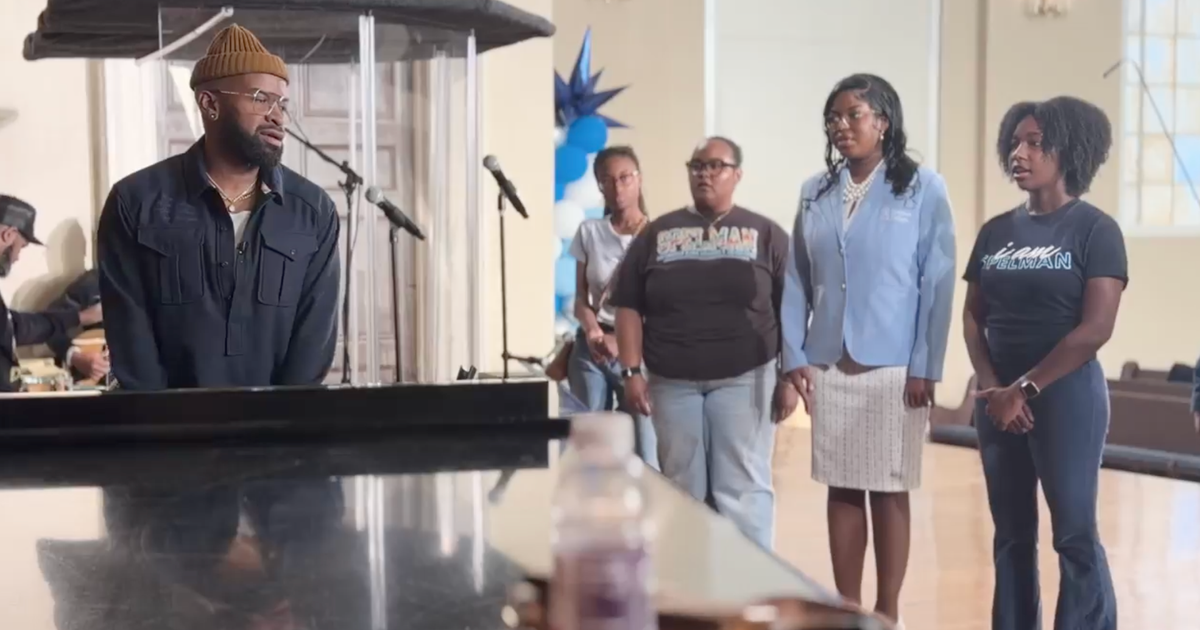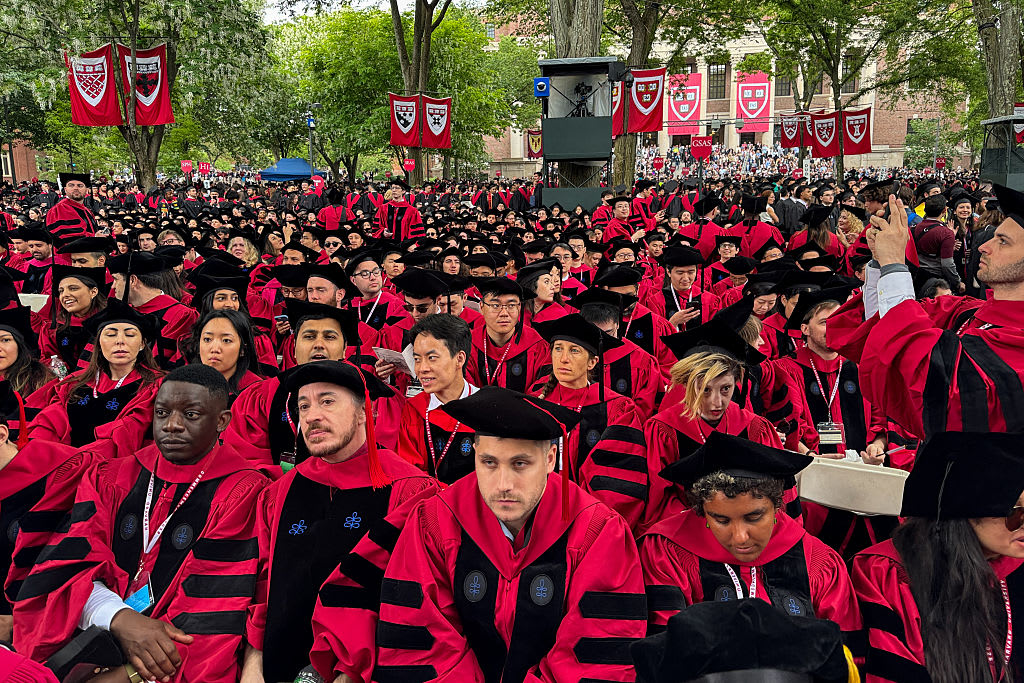What's behind the soaring cost of college textbooks
Despite growing online markets for discounted books, the average cost of college textbooks has risen four times faster than the rate of inflation over the past 10 years. That has caused 65 percent of students to skip buying required texts at some point in their college career because of a lack of affordability.
The main culprit? Textbooks bundled with "access codes" that expire at the end of the semester. These access codes largely force students to buy books at retail prices at campus bookstores and render the texts worthless in the resale market.
"Traditionally, when people think about materials for classes, they think of physical textbooks. But all of the materials that a student needs to participate in a class are increasingly put behind a paywall that you get to through a unique log-in that will expire at the end of the semester," said Kaitlyn Vitez, higher education advocate for U.S. Public Interest Research Group. "Students might have been able to resell the textbook in the past, but because the access code expires, it renders the textbook worthless."
Nearly four in 10 college courses bundled their texts with access codes, which give students access to workbooks and tests in addition to the textbook, according to a study released Thursday by USPIRG. These access codes were particularly prevalent in introductory classes that were part of the general education requirements for all students.
Had the textbooks been unbundled, students could have paid as little as one-third of the new-book costs on one of the many online marketplaces for used books. Moreover, expired access codes mean students also cannot retain access to course materials for future reference.
A relative a handful of schools have adopted so-called "open education resource" texts, reducing the cost of educational materials to a fraction of the national average, the study's authors added.
Greenfield Community College in Massachusetts, for example, uses open-access texts in three of six required general education courses. That allowed students to spend as little as $31 per course on materials, compared to a national average of $153 per course, according to the study. Over the course of a year, the average college student spends more than $1,200 on books and materials, according to the College Board.
Of course, the problem with the high and rapidly rising cost of textbooks isn't new. In 2006, the Advisory Committee for Student Financial Assistance reported that textbook prices had risen 186 percent in the previous eight years. One of the problems then, and now, is that the ultimate consumer -- the student -- generally has no role in selecting the course materials. Instead, professors select them, and they may or may not be price-sensitive.
Legislation has even attempted to address the problem. The 2008 Higher Education Act reauthorization required that publishers disclose textbook pricing to professors and demanded that publishers offer all components of a course bundle for sale individually, with a few exceptions for "integrated products."
But publishers have gotten around this requirement by offering the components for sale separately, but not necessarily at the appropriate campus bookstore. As a result, if a student is assigned a bundle, she often ends up buying it, unaware that she could have purchased the individual components elsewhere at a reduced cost.
Notably, a movement is growing to provide copyright-free open-access text books. But these programs have been adopted at only 6 percent of schools. Open-access course materials are peer-reviewed, easily customizable and can include textbooks, articles and even sample problems and quizzes -- just like the materials publishers often hide behind paywalls.
"With open educational resources, there are no access codes, and students never lose access to their core content," said Nicole Finkbeiner, associate director of institutional relations for OpenStax, an open-textbooks publisher based at Rice University in Texas. "This enables students to continue to use and refer to their core content as they move forward in their studies, when studying for advancement exams, and in their professional lives, without any additional costs or barriers."
U.S. Rep. Jared Polis, D-Colorado, has twice introduced legislation would create a national grant program to encourage professors to adopt open-access texts. However, the legislation stalled in the Health and Education Committee.



